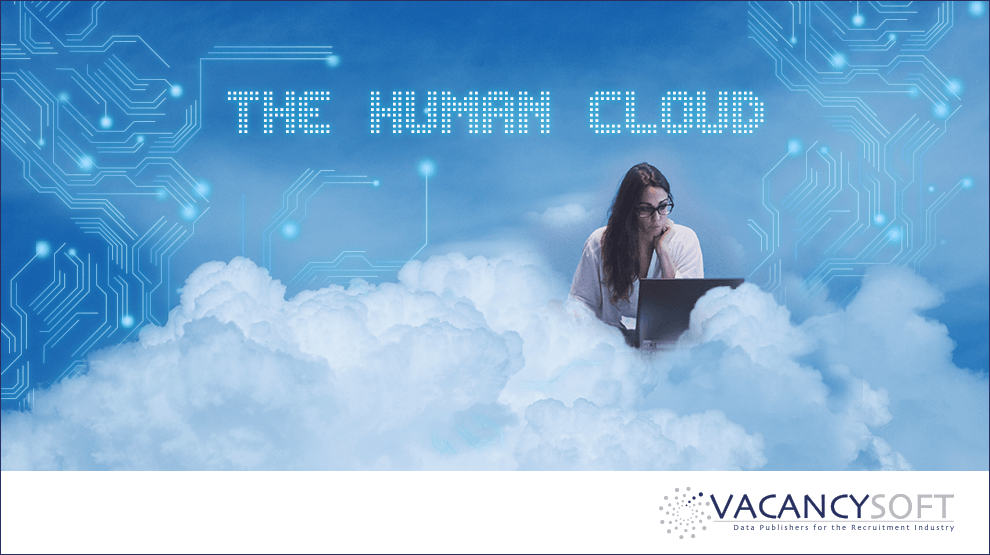Work in the era of the platform-based economy

Most people haven’t noticed the changes, but platformisation is already changing our world. We order an Uber via the app while waiting for our luggage at the airport and then we order food via Uber Eats on the way to the apartment which we booked via Airbnb. TripAdvisor suggests to us the top-rated places to visit and then Google Maps guides us to those places. Products and services are transferred via different platforms that ensure excellent service and security in the race for customer satisfaction.
Online platforms have started to replace face-to-face human interaction and to erode existing businesses as the gig economy increases the possibility of contracting and outsourcing one’s workforce. Denis Pennel, a widely-known expert in the recruitment industry, raised the topic of the rising platform-based economy and its impact on the workforce in his latest book ‘The Ego Revolution at Work’.
Indirect employment integrates with this new platform-based economy, allowing for more flexibility and fragmentation of work processes. The conventional understanding of employees with full-time contracts and fixed salaries working from 9 am to 5 pm is evolving into a new model: the ‘human cloud’. Regular jobs are fragmented into numerous tasks and projects, which are sent to the cloud of professionals willing to perform them. Each ‘future employee’ from the cloud takes full control over his work production process and trades his skills for money. This model allows workers to choose which tasks to accept from places of their own preference, to control their working hours, and to have multiple projects running simultaneously.
Platforms such as Upwork enable freelancers to sell their skills and enable employers to connect with contractors for a project or a task. For example, an employer can look for a graphic design artist to produce a report, and he will be able either to offer this project to a chosen contractor or a group of contractors, or to just list the job so any contractor can sign up to do the work. In this case the employer will have the freedom to choose the best person to do the work regardless of the time zone, the day of the week or public holidays; there will be always someone available. Having services like this mean you don’t have to go through the pain of the hiring process and there are no job boards, no complicated paperwork, no rounds of interviews, and no long-term commitments. Those transactions are also not weighted down so heavily by the risk of choosing someone irresponsible or lacking the skill needed. Upwork offers a system of reviews and grades, which secures the interests of both parties.
The future of the platform-based economy looks rather positive; the changes seem to eliminate skill shortages. Benefiting both parties (workers and employers), it increases flexibility, saves time and money, and provides guarantees, without losing any quality of service. Recruitment services, in this situation, will have to evolve from a candidate-centered system to ensuring that the client finds the talent-specific services he needs.
Recruitment Industry Insights is a free Market Intelligence Tool that can help you to become a thought leader in your niche, increase your brand awareness, and attract clients. Read about this free Market Intelligence Tool here.
Author: Valeriia Muzhchyna
Marketing Executive
Image contribution: designed by Freepik


